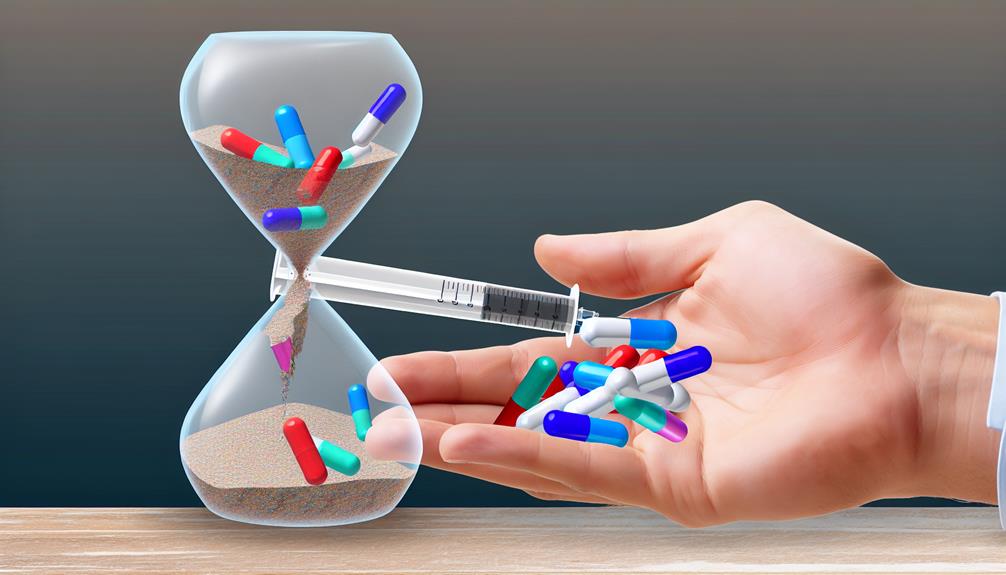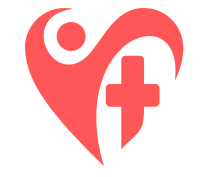You may think that drug rehab is only necessary for people who have hit rock bottom, but the truth is that anyone struggling with drug addiction can benefit from seeking help. Whether you're seeking information for yourself or a loved one, understanding the ins and outs of drug rehab can be the first step towards a healthier and more fulfilling life. From the different types of drug rehab programs available to what to expect during the recovery process, this discussion will provide you with valuable insights that can guide you on your journey to recovery. So, if you're ready to gain a deeper understanding of drug rehab and how it can help you or someone you care about, let's explore this topic together.
Understanding Drug Addiction

Understanding drug addiction can be a complex and challenging journey, but with the right knowledge and support, you can navigate the path towards recovery. Drug addiction is a multifaceted issue with various causes and signs. It is crucial to recognize these factors to better understand addiction and provide effective help.
One of the primary causes of drug addiction is the influence of environmental factors. Growing up in an environment where drug use is prevalent can increase the risk of addiction. Additionally, individuals who experience trauma, abuse, or neglect may turn to drugs as a coping mechanism. Genetic predisposition also plays a role, as some people may be more genetically susceptible to developing an addiction.
Recognizing the signs of drug addiction is essential in identifying when someone needs help. Physical signs can include changes in appetite, sleep patterns, and overall appearance. Behavioral signs may include secretive behavior, sudden mood swings, and a decline in personal and professional responsibilities. Psychological signs, such as increased anxiety or depression, may also be present.
Types of Drug Rehab Programs
There are various types of drug rehab programs available to help you on your journey to recovery. Two common types of programs are inpatient and outpatient rehab. Inpatient rehab involves staying at a treatment facility for a specific period of time, typically ranging from a few weeks to several months. This type of program provides a structured and supportive environment where you can focus solely on your recovery. Inpatient rehab is often recommended for individuals with severe addiction or those who have had unsuccessful attempts at recovery in the past.
On the other hand, outpatient rehab allows you to receive treatment while living at home and continuing with your daily activities. It offers flexibility in scheduling and is suitable for individuals with less severe addiction or those who have completed an inpatient program. Outpatient rehab typically includes therapy sessions, group counseling, and educational programs to help you learn coping strategies and prevent relapse.
Both inpatient and outpatient rehab programs utilize evidence-based therapies, which are proven to be effective in treating addiction. These therapies may include cognitive-behavioral therapy (CBT), individual counseling, family therapy, and support groups. Evidence-based therapies are grounded in scientific research and have shown positive outcomes in helping individuals overcome addiction.
What to Expect During Drug Rehab

During drug rehab, you can expect to receive comprehensive treatment and support to help you overcome addiction and begin your journey towards recovery. The main focus of drug rehab is to provide you with the tools and resources necessary to address the physical, emotional, and psychological aspects of addiction. You will be surrounded by a team of experienced professionals who are dedicated to your well-being and will guide you every step of the way.
One of the key elements of drug rehab is the support you will receive during your time in treatment. You will have access to therapists, counselors, and support groups who will provide you with guidance, encouragement, and a listening ear. They will help you navigate the challenges of recovery, offer coping strategies, and help you develop a relapse prevention plan.
Additionally, drug rehab will also focus on preparing you for long-term recovery. You will learn about the underlying causes of addiction and develop healthy coping mechanisms to replace self-destructive behaviors. Through various therapies and workshops, you will gain the necessary skills to maintain your sobriety and build a fulfilling life without drugs.
Choosing the Right Drug Rehab Facility
Now that you have a better understanding of what to expect during drug rehab, let's explore how to choose the right drug rehab facility to meet your unique needs and support your journey towards recovery. Making this decision is crucial, as it can greatly impact your chances of success in achieving long-term sobriety.
When considering a drug rehab facility, one important factor to keep in mind is the emphasis on relapse prevention. Look for a facility that offers a comprehensive relapse prevention program, as this is a key component in maintaining your recovery. A good facility will provide you with the tools and strategies necessary to identify triggers and develop coping mechanisms to prevent a relapse.
Another factor to consider is the cost of the drug rehab program. While it's important to find a facility that fits within your budget, don't let cost be the sole deciding factor. Keep in mind that investing in your recovery is an investment in your future. Look for a facility that offers a range of payment options, including insurance coverage and financial assistance programs. Remember, the cost of treatment is a small price to pay compared to the long-term consequences of addiction.
Choosing the right drug rehab facility is a personal decision. Take the time to research and visit different facilities to find one that aligns with your needs and values. Remember, you are not alone in this journey, and there are professionals ready to support and guide you towards a healthier, happier life.
Tips for a Successful Recovery Journey

To ensure a successful recovery journey, it is essential to implement effective strategies and prioritize self-care. One of the most crucial aspects of maintaining sobriety is relapse prevention. It's important to be aware of the triggers that may lead to relapse and develop strategies to cope with them. This could involve avoiding people, places, or situations that may tempt you to use drugs or alcohol.
Building a strong support network is also key to a successful recovery. Surround yourself with positive, understanding individuals who can provide encouragement and accountability. This network can include friends, family members, support groups, or even a sponsor. Having someone to lean on during challenging times can make all the difference.
In addition to relapse prevention and building a support network, self-care should be a top priority. Take care of your physical, emotional, and mental well-being. Engage in activities that bring you joy and help you relax. Practice good nutrition, exercise regularly, and get enough sleep. Seeking therapy or counseling can also be beneficial in addressing underlying issues that may have contributed to addiction.
Frequently Asked Questions
How Long Does Drug Rehab Typically Last?
On average, drug rehab typically lasts for a specific duration, depending on various factors such as the severity of addiction and individual progress. Success rates vary, but with dedication and support, recovery is possible.
What Happens if Someone Relapses After Completing a Drug Rehab Program?
If you relapse after completing drug rehab, it's important to remember that it's not the end of the world. Reach out for support from your loved ones, therapist, or support groups. Learn from the experience and continue your journey towards recovery.
Are There Any Alternative Treatments or Therapies Available in Drug Rehab Programs?
There are alternative therapies and holistic approaches available in drug rehab programs. These can complement traditional treatment methods and provide additional support for your recovery journey. They offer a more holistic and personalized approach to healing.
Can Family and Friends Visit During the Drug Rehab Program?
Yes, family and friends can usually visit during the drug rehab program. Their involvement can be a valuable support system for you during this challenging time.
Is There Any Financial Assistance or Insurance Coverage Available for Drug Rehab Programs?
Yes, there is financial assistance and insurance coverage available for drug rehab programs. Many insurance plans cover a portion of the costs, and there are also grants, scholarships, and sliding scale payment options to explore.



